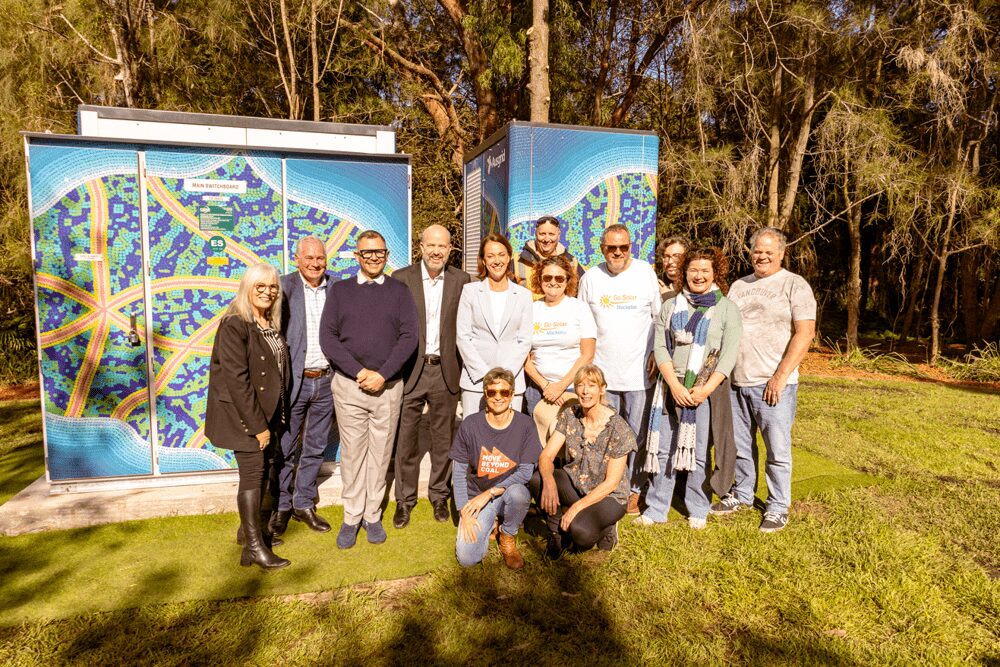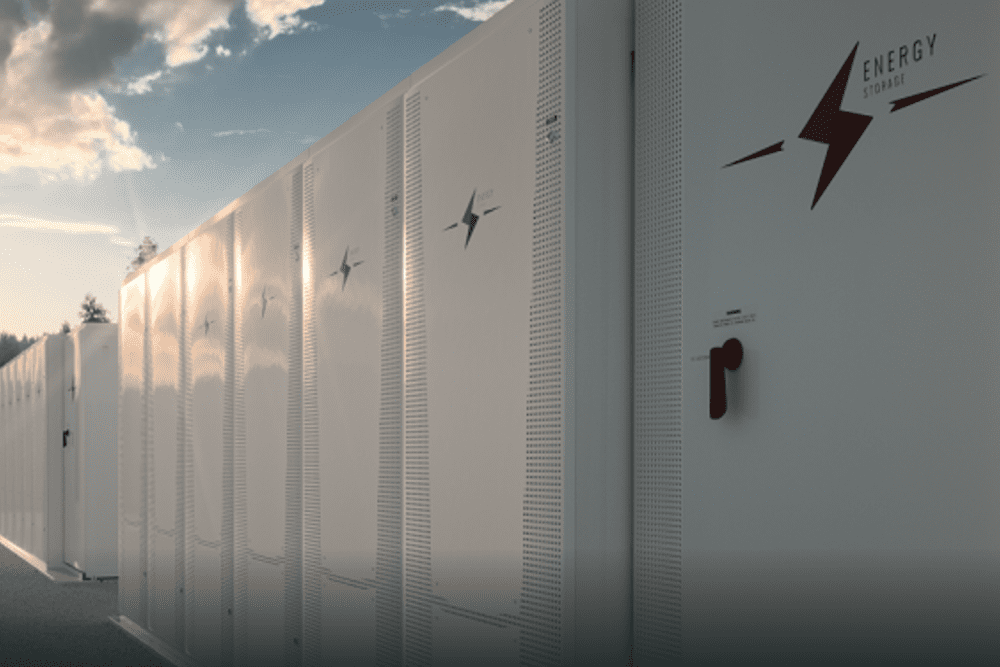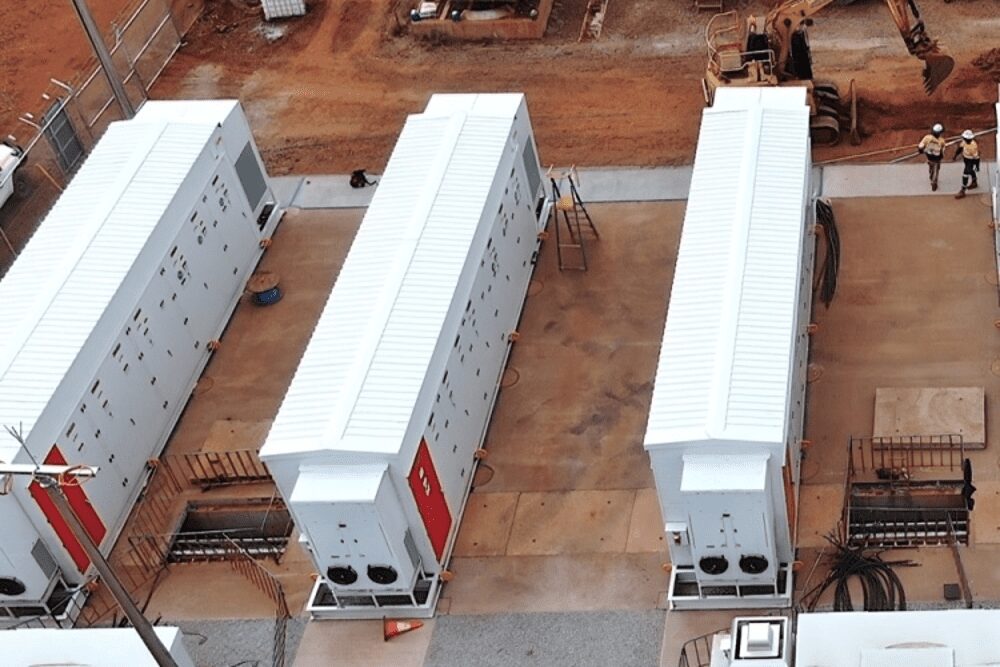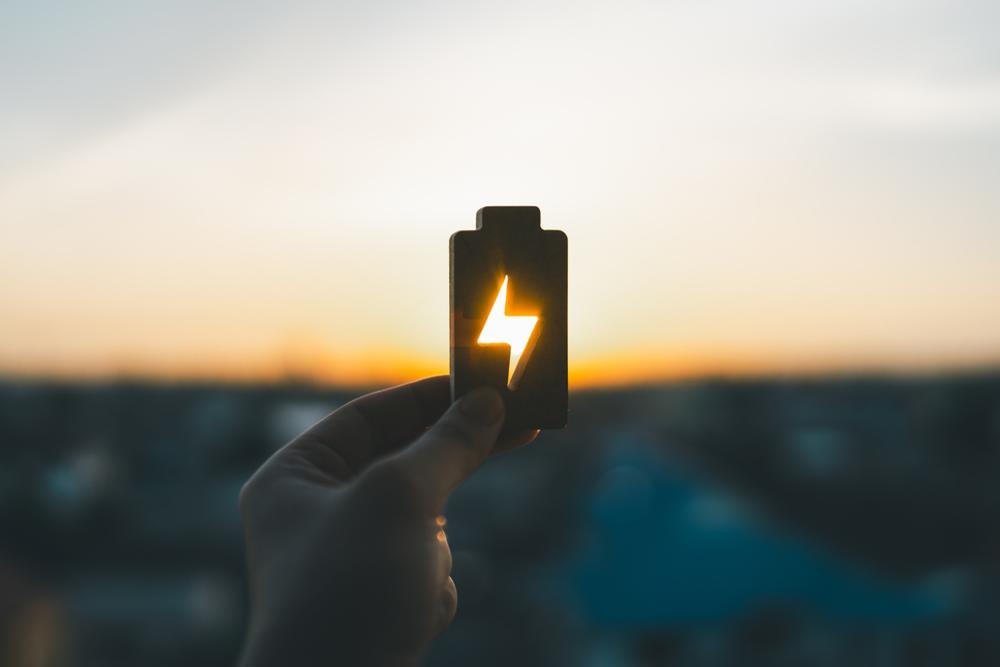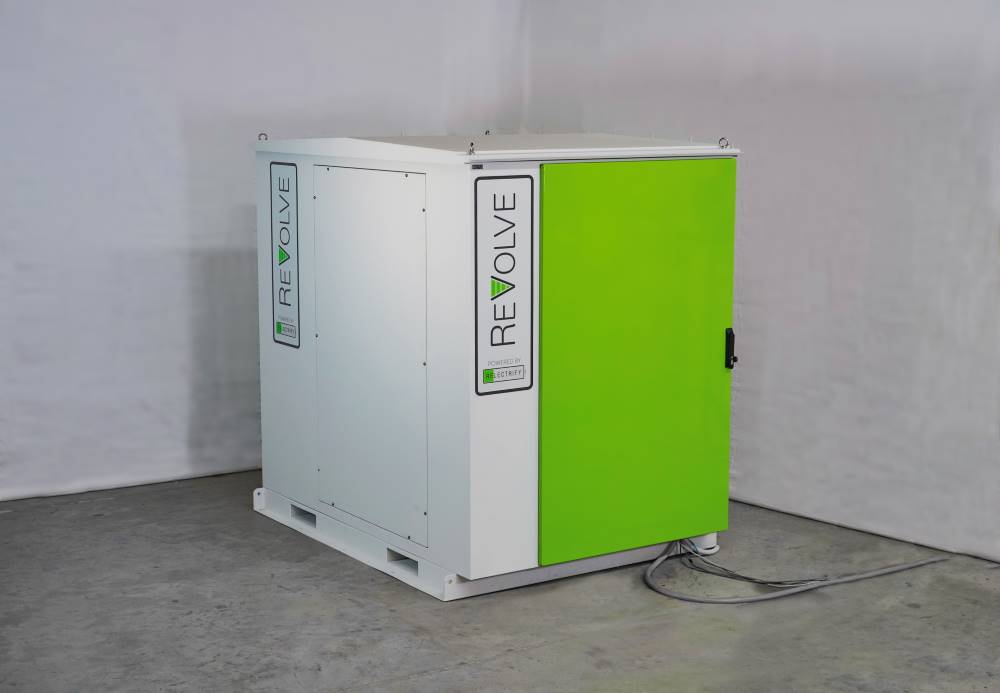
The Australian Government is supporting an innovative company to re-use end-of-life electric vehicle (EV) batteries to store power on commercial and industrial sites.
Melbourne-based start-up, Relectrify, will install 20 commercial-scale 36 kilowatt (kW) / 120-kilowatt hour (kWh) repurposed batteries from EVs at various locations around the nation, paving the way for the broader rollout of its advanced battery management system and inverter solution.
EV batteries are generally replaced by EV drivers when they reach 80 per cent of their initial capacity to improve driving range, but they can still be used in stationary storage applications.
Relectrify’s project will extend the lifetime of batteries while also highlighting the opportunity to reduce technology cost by using second-life batteries.
Second-life EV battery cells are up to 50 per cent cheaper than new battery cells, helping businesses with repurposed batteries to save on their energy costs.
Through this trial, Relectrify’s technology can provide backup power for farms, microgrids, and weak rural networks. It can also be used in solar integration, community battery storage for residential solar, to boost EV charging capacity and as a potential replacement for diesel generators.
Minister for Energy and Emissions Reduction, the Hon. Angus Taylor MP, said the trial is expected to deliver a significant reduction in the cost of installing batteries, while also helping to further integrate renewables into the grid.
“Importantly, it will also help to address end-of-life battery waste issues by repurposing and reusing EV batteries,” the Minister said.
The Government is providing $1.49 million toward the $3.3 million project through the Australian Renewable Energy Agency. This builds on the $338,000 that the Government provided in 2018 to support the development of Relectrify’s advanced battery control technology.
Through this trial, Relectrify will finalise the development of the product and undertake certifications ahead of a broader rollout of the battery units across Australia. The project will support up to 15 jobs.








